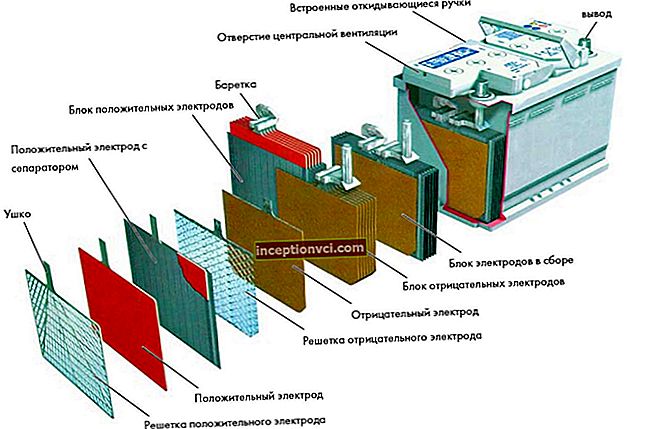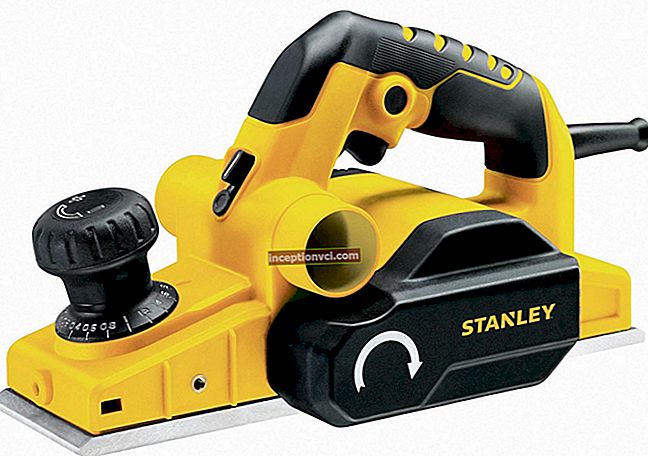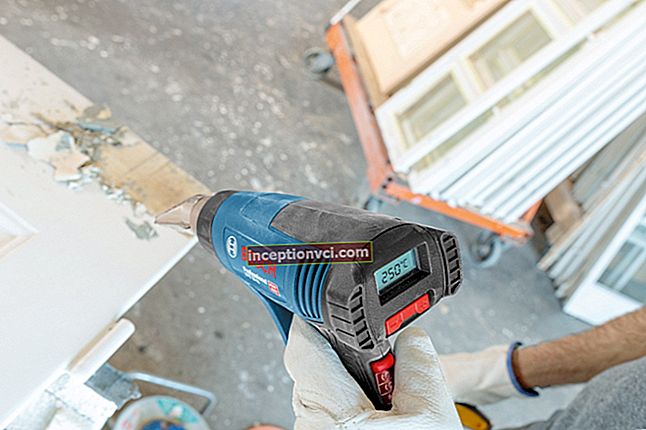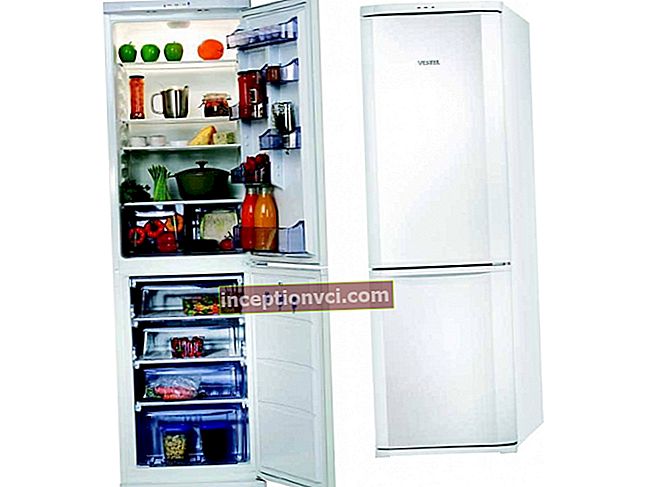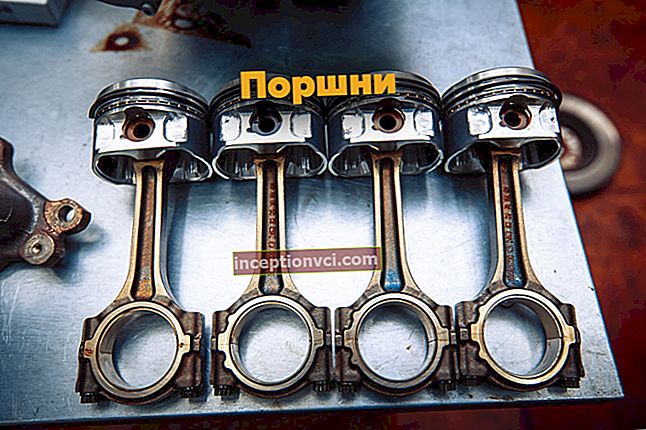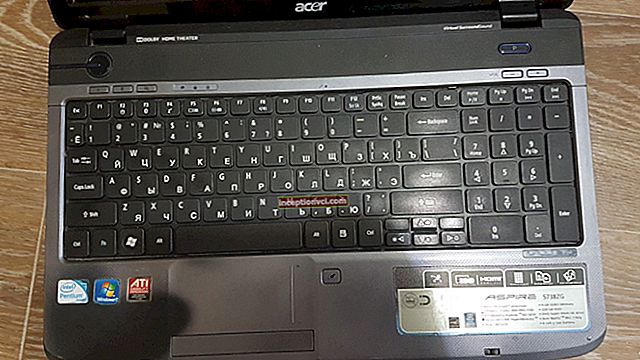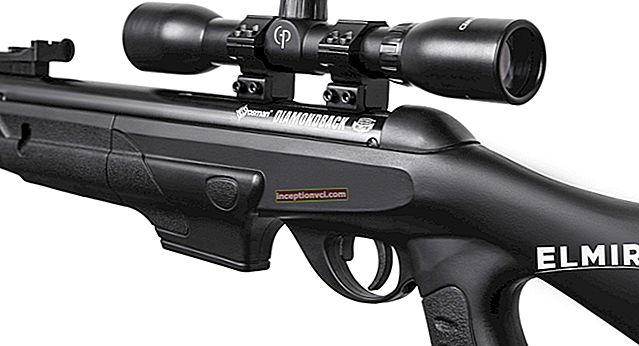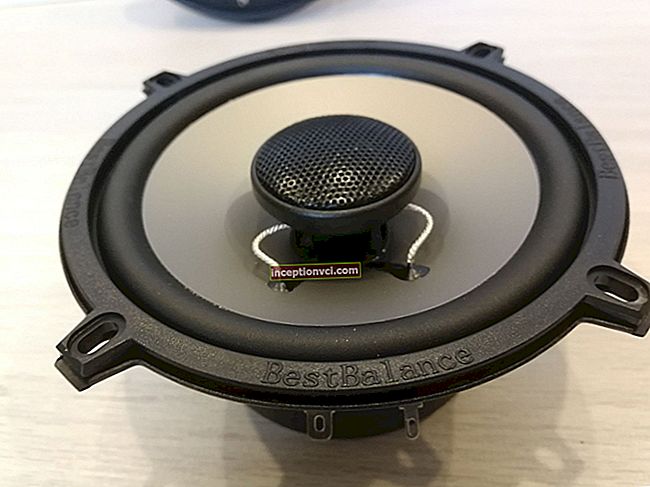Oil radiator and electric convector are popular types of heaters. The principles of their work are similar, but have a number of differences. What is the best oil heater or electric convector? Let's figure it out.
The oil cooler housing is filled with mineral oil. Elements that heat it up are immersed in the oil. The heated air is distributed throughout the room due to the temperature difference.
The convector has metal or ceramic heating elements. Circulation occurs due to the different densities of cold and warm air. The heating element has a large area and a low heating temperature.

Heater dimensions
Structurally, the convector consists of heating elements protected by metal plates. This is a flat device, its weight does not exceed 10-12 kg. The mass of radiators is 18-25 kg. They are wider than convectors, so they take up more space in the room.
Output: electric convectors are lighter and more compact and in this parameter they outperform oil radiators.
Placement of the heater in the room
Due to the flat design, electric convectors are placed on the walls. Those models that have legs or casters easily move to any convenient place in the room. Oil radiators differ little in this respect; they are also placed where it is convenient.
Output: according to this criterion, there are no special differences, both types are equally mobile and are installed where it is convenient for the user.
Heater energy consumption
In an oil cooler, the heating process is slower than in a convector. First, the heating elements are heated, then the oil, then the case and the surrounding air is only warmed up. In an electric convector, the process goes faster - the heating elements immediately heat the air. Therefore, their energy consumption is ~ 25% less than that of oil coolers of the same power.
Output: convectors are more economical than oil heaters.
User comfort
Convectors that heat the air directly create better air circulation and evenly distribute the temperature in the room. Oil radiators strongly heat the air in their local zone, but the convection of the air is less intense and therefore the room heats up less evenly.
Output: convectors create more comfortable temperature conditions for humans.
Heater safety
Due to the high temperature of the work surfaces, oil radiators are not recommended to be placed next to furniture and near walls, because there is a risk of fire. It is recommended to place such units at a distance of at least half a meter from furniture and walls. Convectors are less dangerous due to the lower surface temperature (~ 60). The low surface temperature allows these devices to be placed next to furniture.
Output: convectors are safer, they can be placed in any suitable place. There are limitations for oil coolers.
Service life of heaters
The service life of the oil cooler is 5-7 years. Of course, radiators last longer, but after several years of operation, problems with the tightness of the case and temperature controllers may appear. Convectors last longer - 10-15 years due to their simpler design.
Output: according to this criterion, convectors are better than oil radiators.

Heater control
Oil thermostats are equipped with thermostats that regulate the heating temperature. There are models in which thermostats prevent the unit from overheating. The temperature regime is regulated both manually and electronically. Electric convectors have similar control systems.
Output: both types of heaters have similar control systems, there is no clear advantage.
Environmental friendliness of heaters
Due to convection, the air in the heated room is constantly circulating. This provokes drafts and dust does not settle in such a room. This is typical of both oil coolers and electric convectors. True, individual convectors are equipped with air purification systems from dust and microbes.
Output: both types of heaters have the same impact on the environment in the room. The advantage is provided by electric convectors, which are equipped with an air purification system, improving the ecology in the room.
Heaters cost
Most of the oil heaters are cheaper than their electric convectors of similar power.
Output: by this criterion, oil coolers have an advantage.
Summarize:

The table shows that for most indicators, electric convectors are better than oil heaters. The only serious disadvantage of electric convectors is their cost. On average, electric convectors are 30-40% more expensive than oil radiators of similar power.
Watch the video of the electric convector with a stylish glass panel
